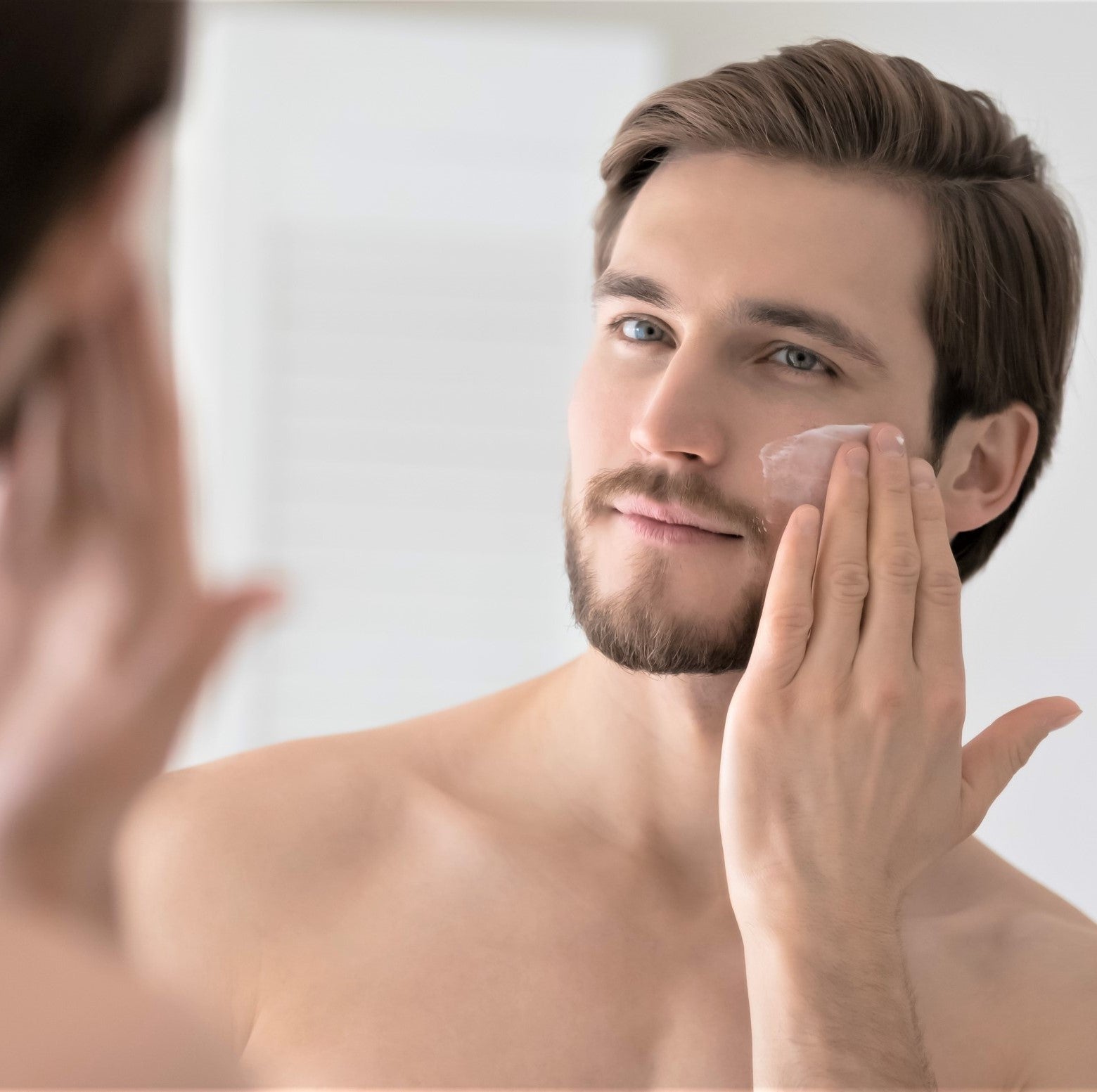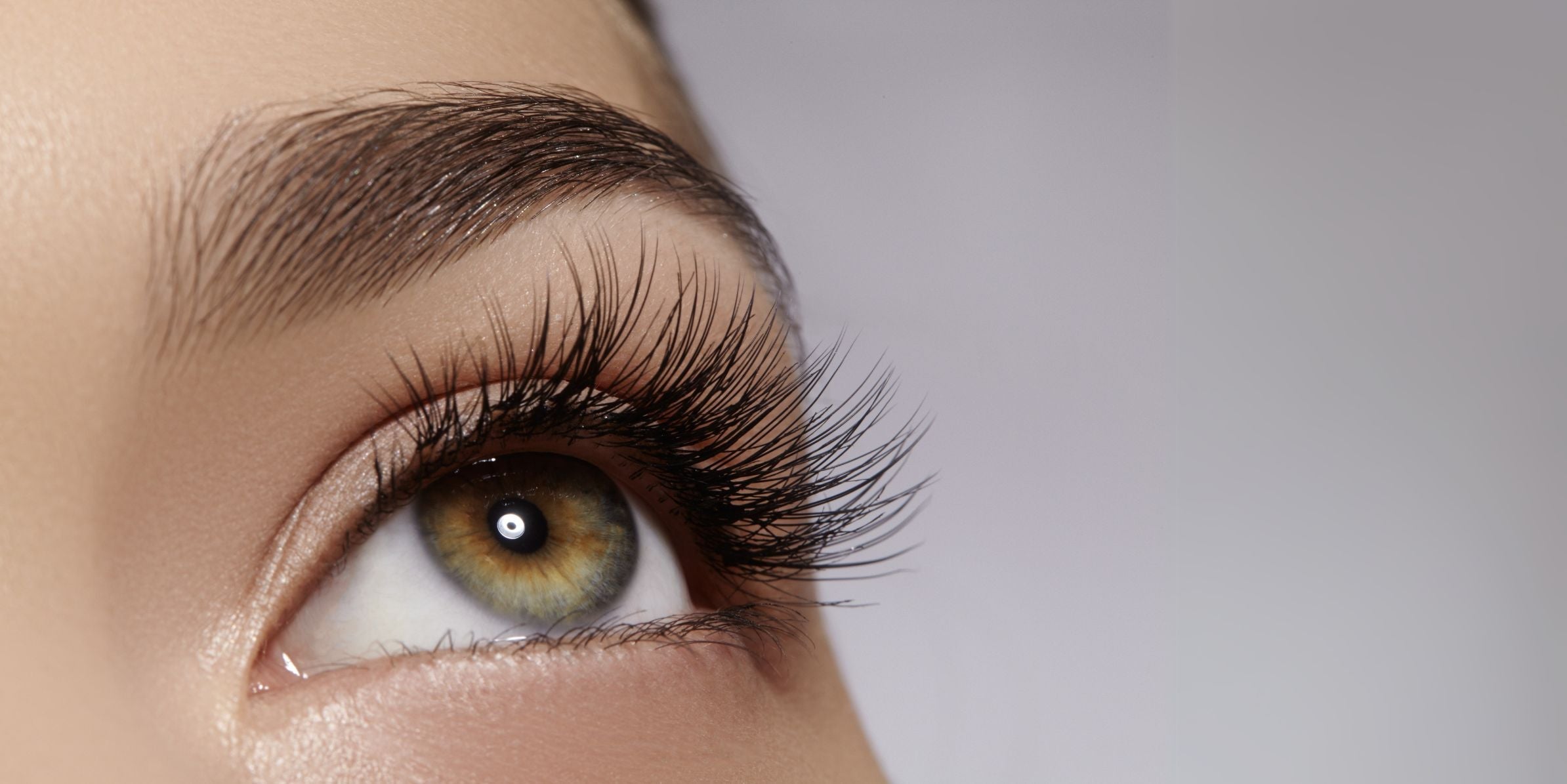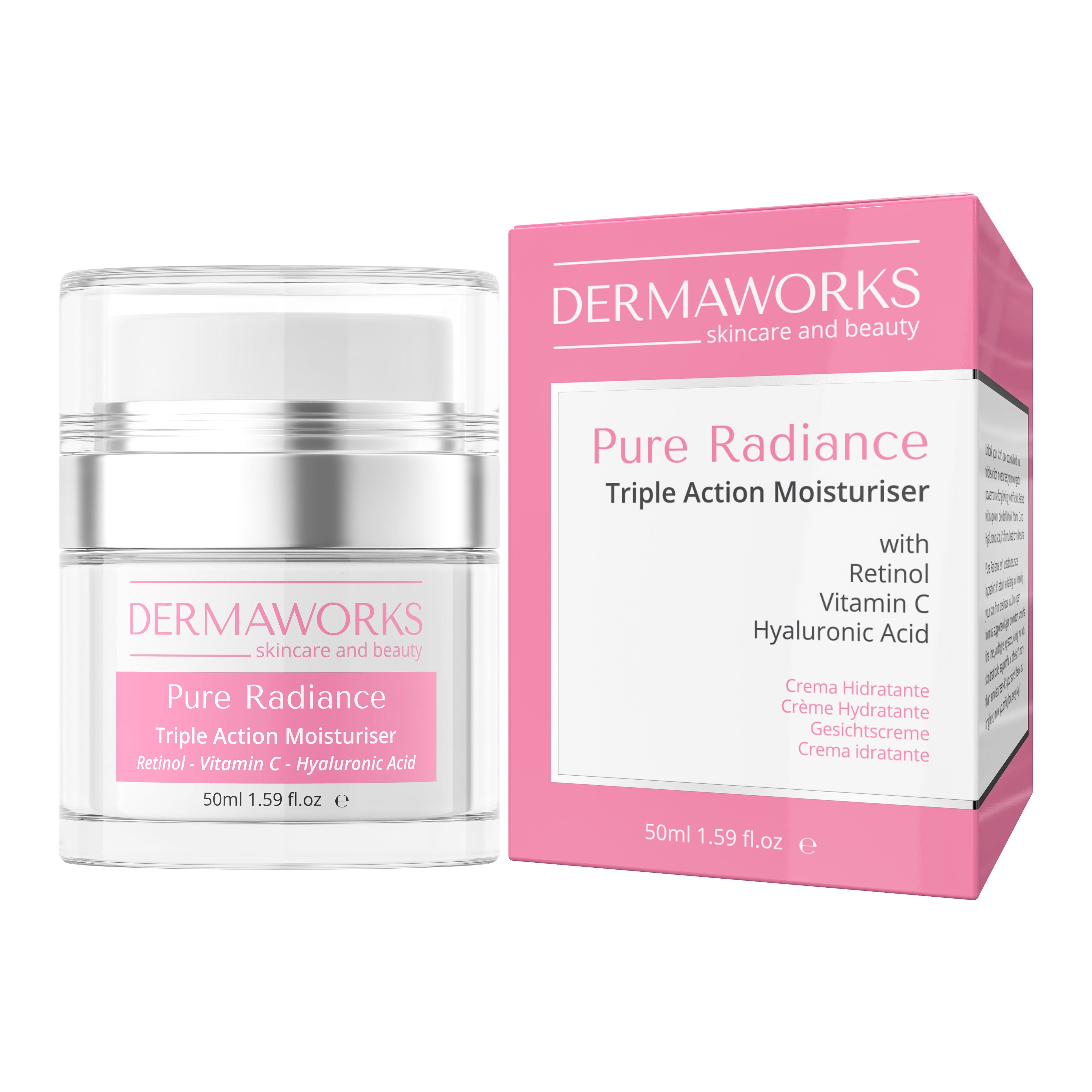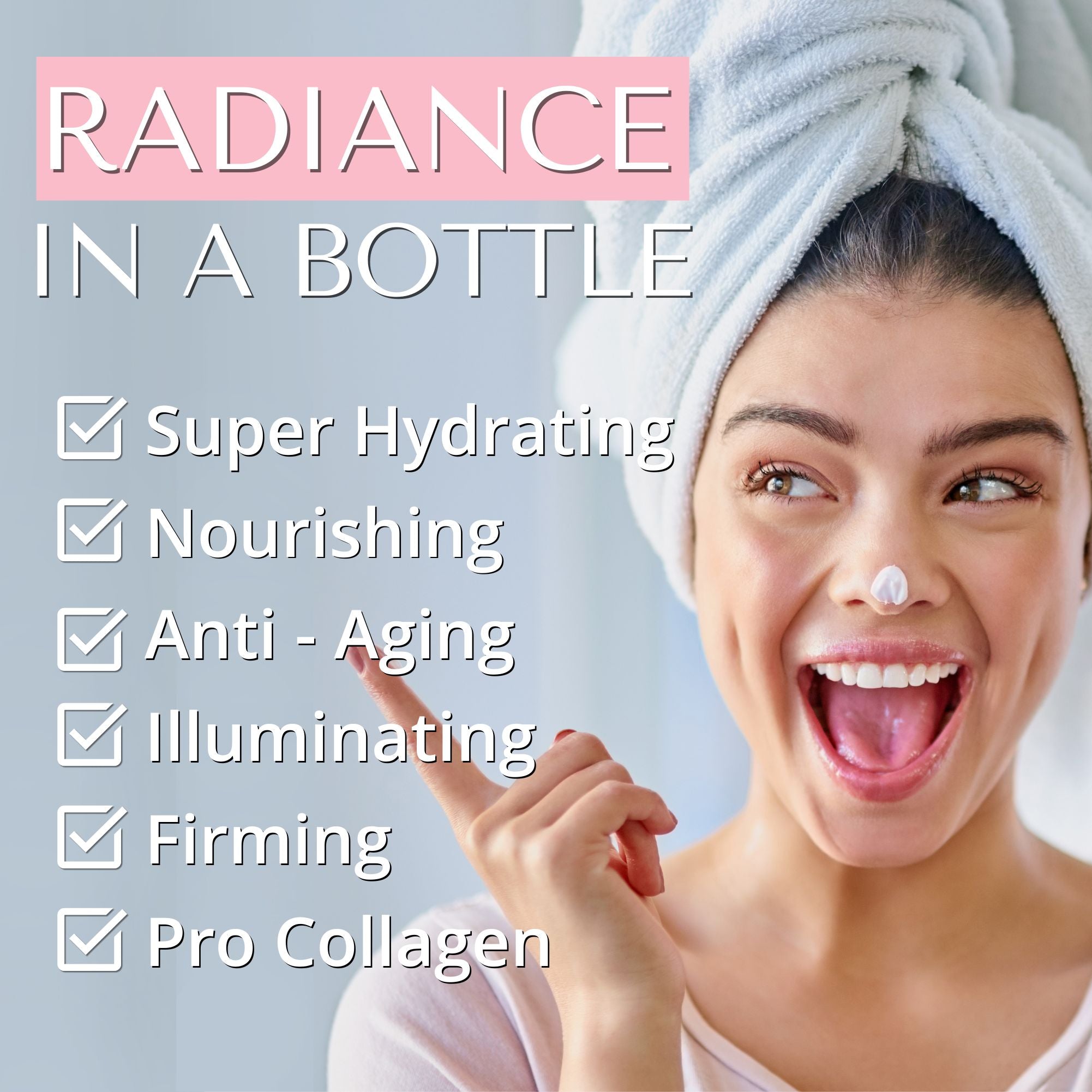What Is Your Skin Barrier—and Why It Matters
Your skin barrier (also called the moisture barrier or lipid barrier) is the outermost layer of your skin. It protects you from:
-
Environmental stress (pollution, UV rays)
-
Bacteria and allergens
-
Moisture loss
When it’s damaged, you might experience:
-
Redness or inflammation
-
Dry patches or flaking
-
Itching or sensitivity
-
Breakouts or irritation
A healthy skin barrier = calm, radiant, resilient skin.
Signs Your Skin Barrier Might Be Damaged
Google searches for “damaged skin barrier” have spiked in 2025, and for good reason: aggressive skincare habits and stress are common culprits. Look for:
-
Tight, “stripped” feeling after cleansing
-
Sudden sensitivity to your usual products
-
Increased breakouts, especially with dryness
-
Dull, rough, or flaky texture
How to Repair Your Skin Barrier Naturally
1. Simplify Your Routine (Skin Minimalism)
Cut out harsh actives temporarily—like retinoids, exfoliating acids (AHAs/BHAs), and fragrances.
Instead:
Use gentle, fragrance-free cleansers
Stick to just 3 core steps: cleanse, moisturise, protect
2. Use Barrier-Reinforcing Ingredients
Look for these dermatologist-loved, skin-identical ingredients:
Niacinamide - Reduces inflammation and strengthens skin
Panthenol (B5) - Soothes and promotes healing
Squalane - Mimics natural skin oils
3. Moisturise While Damp
Apply moisturiser within 60 seconds of cleansing to trap water in the skin. Look for occlusives like shea butter or petrolatum for nighttime repair.
4. Avoid Over-Cleansing
Stick to cleansing once per day (at night) unless you’ve been sweating. In the morning, splash with lukewarm water or use a very mild cleanser.
5. Wear SPF Daily—Yes, Even Indoors
A compromised barrier is even more vulnerable to UV damage. Choose a mineral sunscreen with zinc oxide or titanium dioxide for sensitive skin.
Bonus: Support Your Skin Barrier From Within
-
Hydrate: Aim for 2L of water per day
-
Omega-3s: Found in flaxseeds, walnuts, and salmon
-
Antioxidants: Eat berries, greens, and vitamin C-rich foods
-
Sleep: Skin regenerates overnight—7–9 hours is key
A damaged barrier won’t heal overnight—but with consistency and care, most people see major improvements in 2–4 weeks. The key? Less is more. Focus on nourishing, not punishing, your skin.









